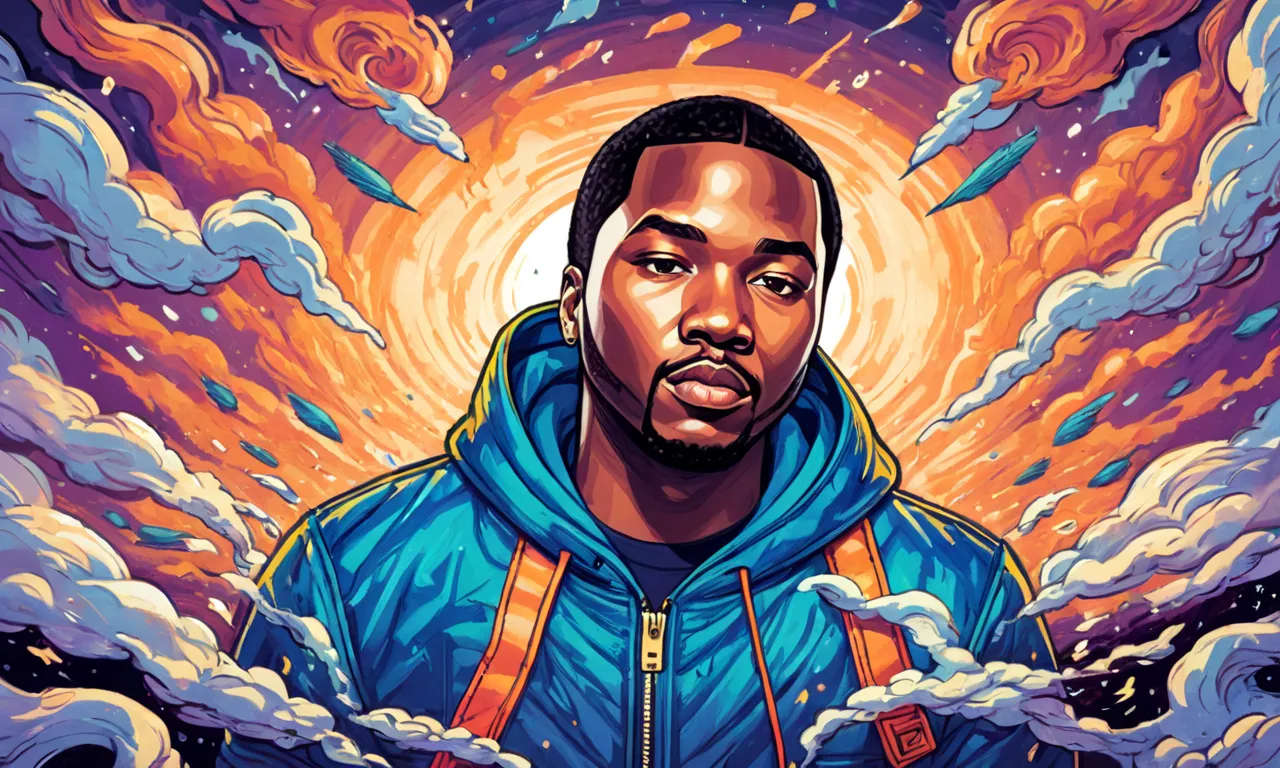In the tapestry of human experience, dreams serve as a profound lens through which to explore the psyche. Among various spiritual traditions, the Baha’i Faith offers a distinctive perspective on dreams, encompassing both the formidable landscape of nightmares and the ethereal realm of spiritual dreams. This exploration chronicles a Baha’i’s transformative journey, navigating the dichotomy of fear and enlightenment that dreams often embody.
At the outset, it is essential to delineate the nature of nightmares within the Baha’i perspective. Nightmares can be construed as manifestations of the subconscious—an arena rife with personal anxieties, unresolved conflicts, and the emotional turbulence that accompanies earthly existence. The Baha’i teachings elucidate that such experiences, although daunting, can propel one towards deeper self-reflection and growth. In this sense, nightmares are not merely frightening episodes but serve as a crucible for personal development.
Moreover, the Baha’i Faith emphasizes the importance of individual and collective progress. Thus, when examining the origins of nightmares, one may consider not only personal experiences but also the societal and cultural narratives that fuel collective fears. The interconnectedness of humanity, a core principle of the Baha’i teachings, can be reflected in the shared anxieties faced by individuals within a community. This broader lens invites practitioners to identify the systemic roots of fear while encouraging a movement towards healing and resilience.
Continuing from the realm of nightmares, we delve into the concept of spiritual dreams. These dreams represent a stark contrast to their nightmarish counterparts, encapsulating messages of hope, guidance, and divine insight. Baha’is hold the belief that dreams can be vehicles for spiritual enlightenment, enabling the seeker to transcend mundane concerns. Such dreams often evoke feelings of serenity and inspiration, beckoning individuals towards a higher understanding of their purpose.
Fundamentally, the Baha’i teachings advocate for the pursuit of knowledge and understanding. Engaging with dreams—both nightmarish and spiritual—can serve as a conduit for this pursuit. The process of dream interpretation, therefore, becomes an intellectual exercise steeped in spiritual inquiry. Individuals are encouraged to record their dreams, analyze recurring themes, and reflect on their significance within the context of their lives. By honing this practice, Baha’is may uncover profound truths about their spiritual journey.
Additionally, the Baha’i Faith underscores the importance of prayer and meditation in navigating the complexities of life. This is particularly salient when addressing the psychological aftermath of nightmares. Through prayer and reflection, individuals may find solace and clarity, alleviating the burdens borne from distressing dreams. The practice of prayer serves as a protective shield, fortifying the spirit against the disquieting forces encountered in the dream state.
In juxtaposition, spiritual dreams may ignite creativity and inspire action. Baha’is often find that dreams resonating with spiritual significance lead them to new insights regarding their responsibilities in the world. The notion of service to humanity, a central tenet of the Baha’i Faith, is often highlighted in such revelations. Understanding dreams as invitations to contribute positively to society can invigorate one’s spirit and cultivate a sense of urgency in fulfilling one’s divine purpose.
Moreover, the notion of community plays an instrumental role in the Baha’i understanding of dreams. Sharing dream experiences with fellow Baha’is fosters an environment of support and collective interpretation. This communal aspect not only reinforces bonds but also enhances the richness of the dreaming experience. Engaging in conversations about dreams can unveil diverse perspectives, further enriching one’s spiritual journey.
As we explore the trajectory from nightmares to spiritual dreams, it becomes apparent that the Baha’i teachings champion resilience and perseverance. Nightmares may initially embody despair, yet they frequently catalyze the search for meaning and enlightenment. Conversely, spiritual dreams illuminate the path toward one’s higher self and deepen the understanding of divine purpose. Thus, traversing between these states becomes a fundamental aspect of growth, enabling Baha’is to cultivate an enriched life.
In summary, the Baha’i Faith presents an intricate framework for understanding the multifaceted nature of dreams. By contextualizing nightmares within the premise of personal and societal fears, individuals can extract valuable lessons that contribute to their spiritual evolution. Concurrently, the exploration of spiritual dreams propels one towards deeper introspection and service. Together, these experiences encapsulate the essence of the Baha’i journey—a harmonious synthesis of growth, compassion, and enlightenment.
Ultimately, the teachings of Baha’u’llah inspire a profound appreciation for the dreamscape, urging practitioners to embrace both the shadows and the light. In navigating the spectrum from nightmares to spiritual dreams, one embarks on a transformative pilgrimage that speaks to the universal human experience of striving for understanding and connection with the divine.
